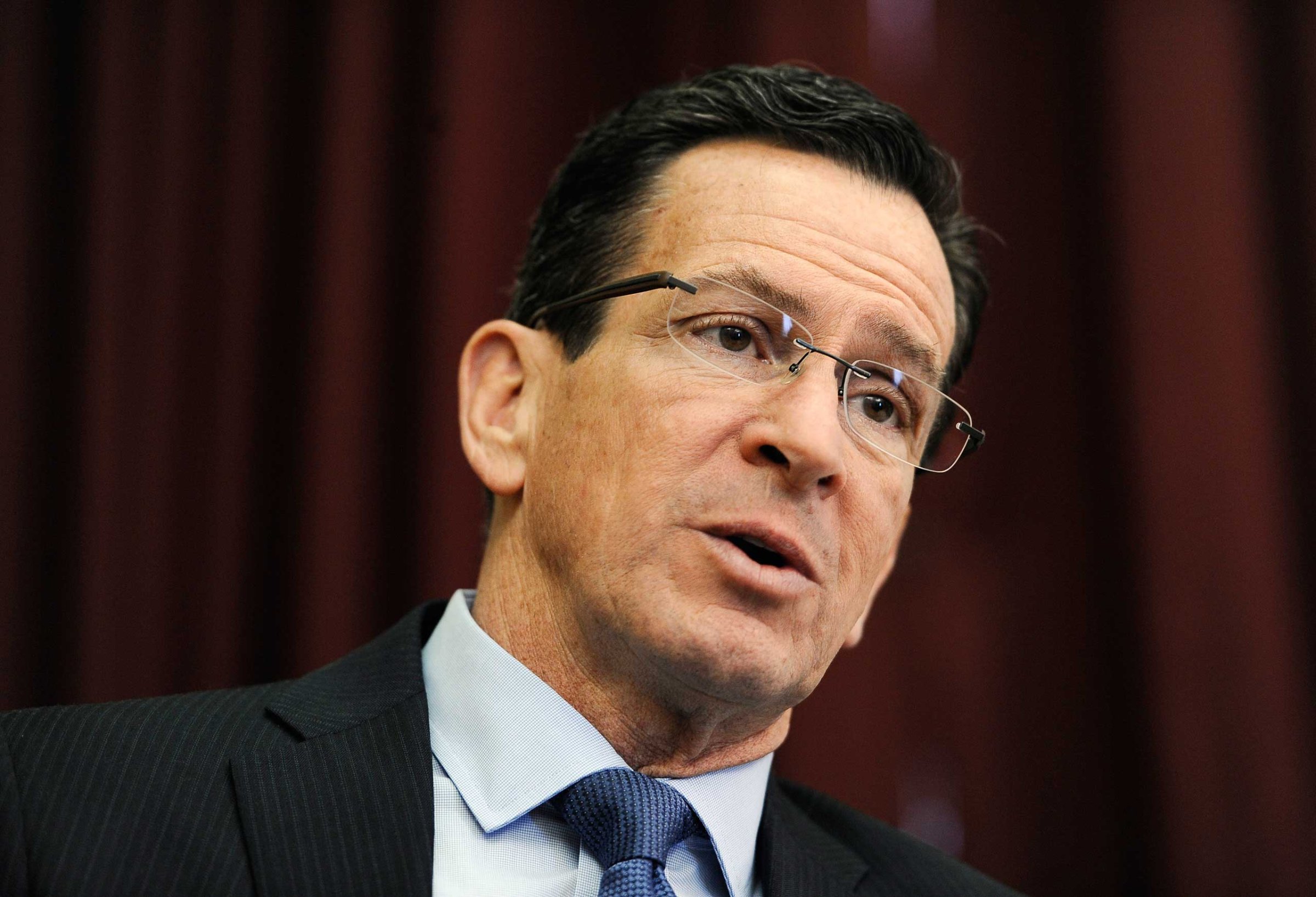
If we stand idly by while states legalize bigotry, we are responsible for allowing it to happen. Yesterday, Connecticut took action to stop discrimination against any of our citizens. I signed my 45th executive order, which made our state the first in the nation to ban state-funded travel to Indiana.
Uproar has occurred both in and out of the Hoosier State for good reason. The religious freedom law Republican Governor Mike Pence signed last week — deliberately lacking protections against discrimination for the LGBTQ community — will allow an entire group of citizens to be treated as second class.
The law is disturbing, disgraceful, and outright discriminatory. Governor Mike Pence knew what he was doing. He knew this legislation would allow discrimination against American citizens. He signed it anyway.
Codifying discrimination in our laws should be something we read about in American history, not on the front pages of today’s American newspapers and magazines. Fortunately, Connecticut has been joined by many elected officials, business leaders, and organizations across the nation who are standing up against this discriminatory law.
No person should be denied service at a lunch counter because of who they love. A landlord should not be able to deny housing to a person based on his or her sexual preference. No state, as a matter of public policy, should turn back the clock on progress by, in effect, legalizing and relitigating the same types of discriminatory laws and debates that took America centuries to overcome.
I am a person of faith who believes deeply in the right to exercise religious beliefs. But that’s not what Indiana’s law is about. It legally gives one private individual or business a blank check to discriminate against another. Packaging the law as a matter of “religious freedom” may provide a palatable political message to some, but ultimately Indiana is using religion as a legal basis for treating some Americans as second-class citizens.
To be clear, Connecticut has for two decades had a law recognizing freedom of religion. We celebrate it. But what separates us from Indiana is that we also have numerous statutes outlawing discrimination on the basis of sexual orientation and gender identity. We protect the rights of all our citizens.
Indiana doesn’t. And through what is a deliberate omission of those basic statutes that codify equality, Indiana has approved legal discrimination.
And for Governor Pence and Indiana, that’s just bad business — because it’s bad for business.
Apple CEO Tim Cook said it himself, penning an op-ed that called this law “dangerous” because it attempts to “rationalize injustice.” Business leaders from coast to coast are panning it. So is the NCAA.
All of it makes you wonder how many can so falsely and egregiously claim to be so “pro-business” while simultaneously implementing policies that are rooted in so much hate for America’s workforce.
Well, here’s my message to businesses in Indiana.
To the NCAA: Your LGBTQ athletes are always welcome in Connecticut. To Angie’s List, Eli Lilly, Yelp, Gen Con, and to all companies and leaders either overtly or privately questioning Indiana’s direction, please know that Connecticut is open for business— and will welcome those in your workforce for who they are. Everyone is treated equally under Connecticut’s laws.
As elected officials, we have a small window in time to impact lives in big ways. And it’s incumbent upon leaders to do what we’re supposed to: lead by doing what’s right for the people we serve.
Yesterday, Connecticut did that by standing up for progress and rebuking Indiana’s laws. I would encourage leaders across the nation, Democrat and Republican, to join us in standing up for action — and against discrimination.
More Must-Reads from TIME
- Inside Elon Musk’s War on Washington
- Meet the 2025 Women of the Year
- The Harsh Truth About Disability Inclusion
- Why Do More Young Adults Have Cancer?
- Colman Domingo Leads With Radical Love
- How to Get Better at Doing Things Alone
- Cecily Strong on Goober the Clown
- Column: The Rise of America’s Broligarchy
Contact us at letters@time.com